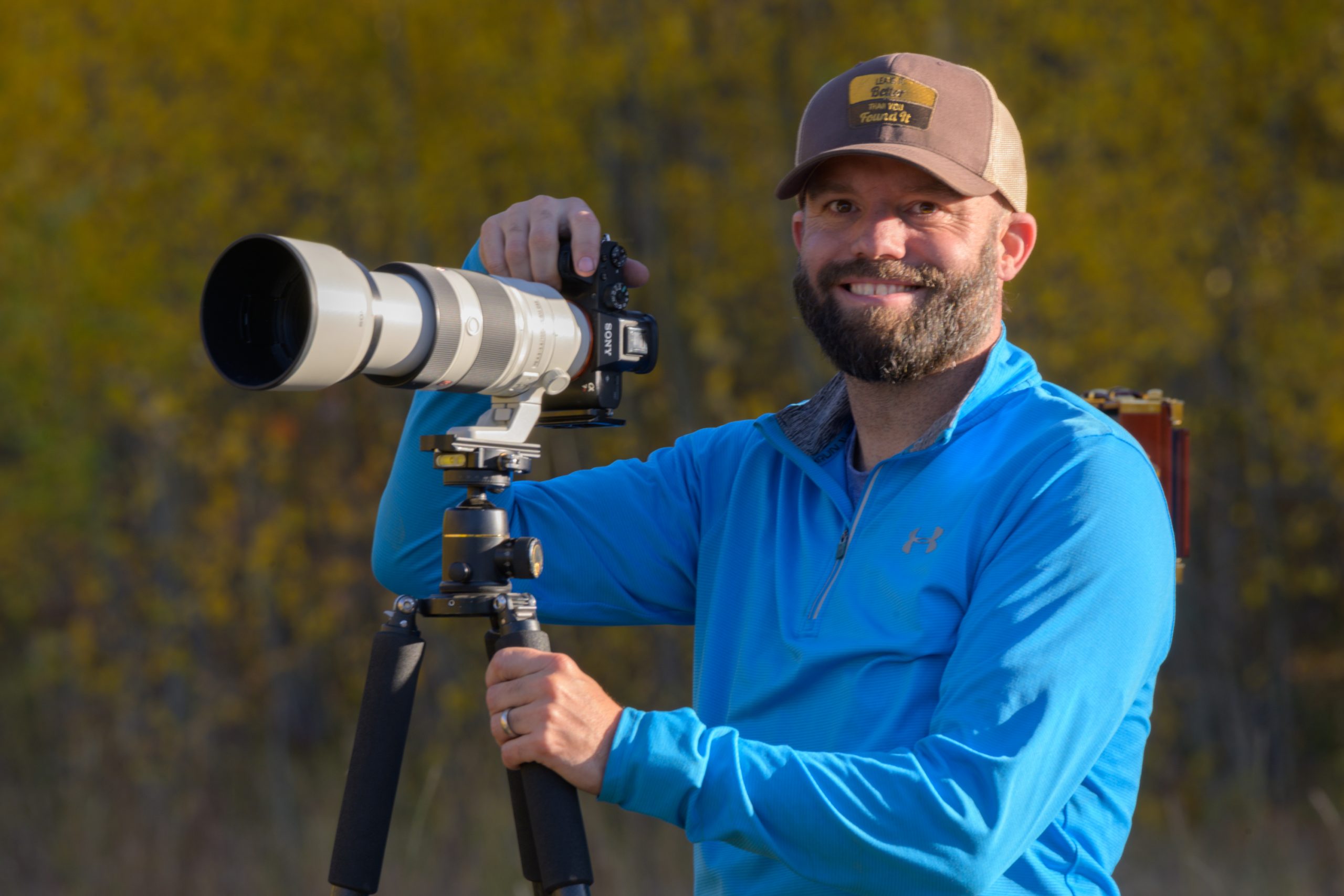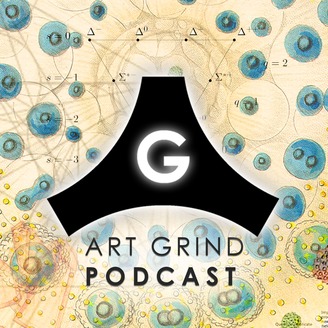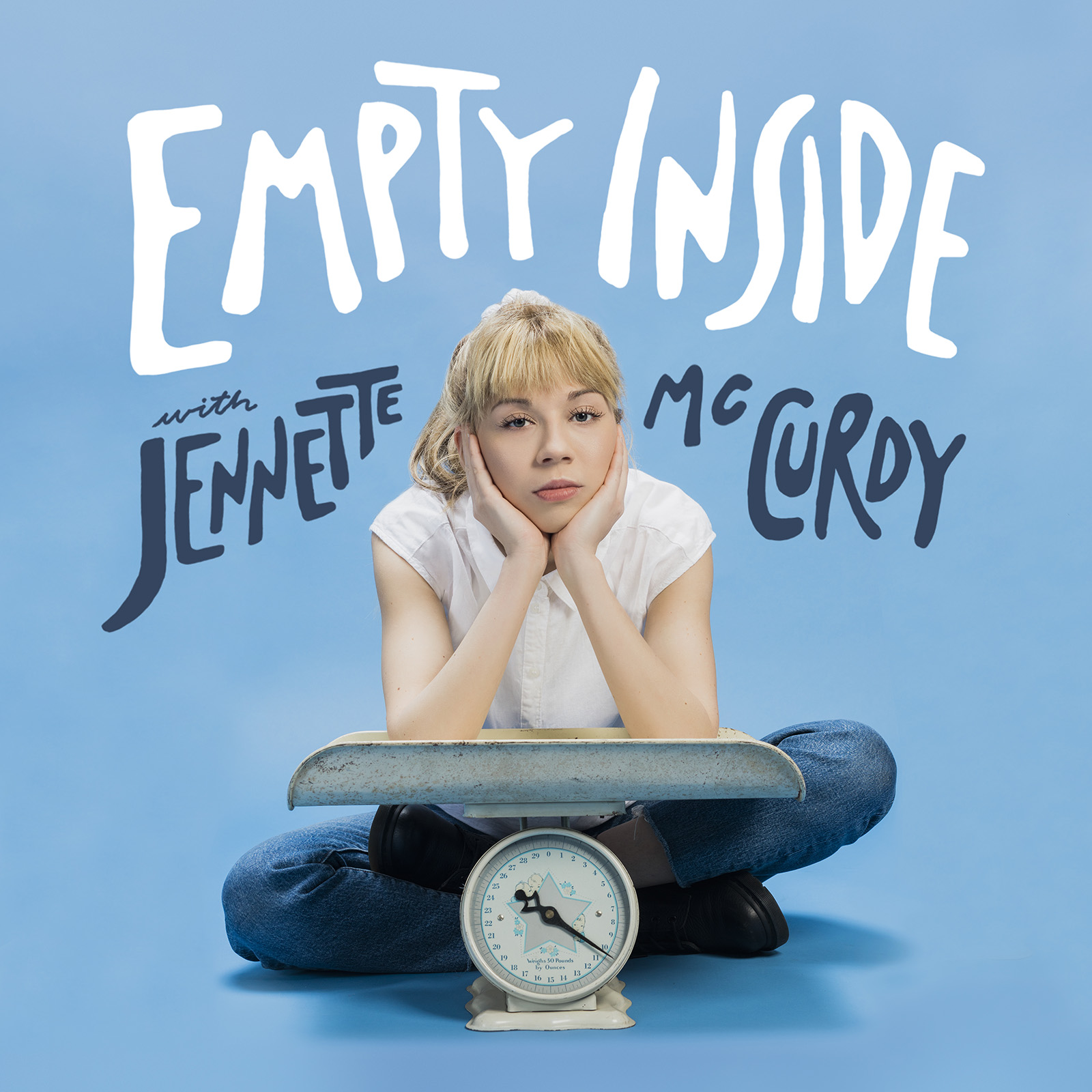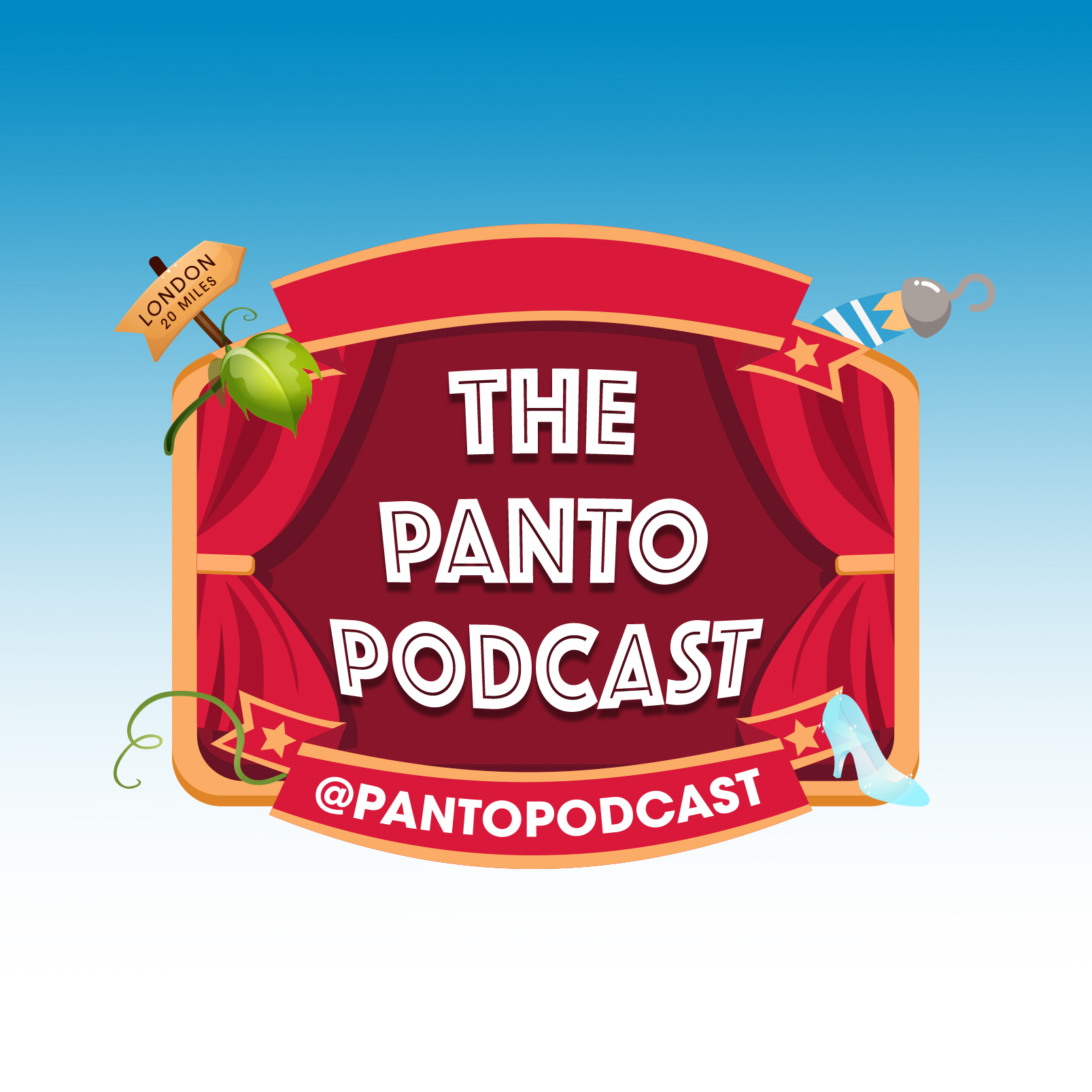What happens when you combine a passion for landscape photography with a love for podcasts and a master’s degree in clinical psychology? F-Stop Collaborate and Listen, of course!
Host Matt Payne was first inspired to take the mic by non-photography podcasts. He decided to interview some of his friends in the landscape photography community, and he hasn’t stopped since.
Weekly, Matt shares a casual yet in-depth conversation with photographers from all over the world. He touches on a broad range of topics, including what’s going on in photography at the moment, processes for photography, and the challenges his guests might be grappling with when it comes to expanding their artistry, business, or both.
Episodes range from a panel of women exploring the experience of being female in the landscape photography industry to sales and marketing techniques for photographers, including search engine optimization, website development, and other business-related topics. He also covers the more creative and artistic elements of becoming a master at capturing majestic images that are both beautiful and marketable.
Says Matt:
“It was interesting, because when I started the podcast, I had no goals for it at all in terms of it relating to my business, photography, or anything of that nature. It was more of a passion project—I just wanted to dip my hands into it and give it a shot. Since then, it’s really morphed. I have personally grown as a landscape photographer, too.”
There are several avenues landscape photographers typically take to make money. Currently, the main one is hosting in-person workshops based on a destination location in which they teach people different post-processing techniques in Photoshop or Lightroom. Another is print sales from customers looking for beautiful art for their home décor or offices to inspire and impress. Occasionally, additional income can be garnered by speaking at a conference, or things of that nature.
Matt’s podcast helps him secure some of these avenues of income.
“People find me a lot more easily and readily now than they might other photographers who don’t podcast. And because of the topics we discuss and my approach to podcasting, I’ve gotten a lot more people interested in doing workshops with me. I’ve been invited to a couple of large photography conferences to teach, too. It’s definitely grown a lot of legs. It has a lot of benefits I didn’t necessarily plan for.”
For example, Matt found that housing his podcast on his website has increased his search engine optimization as photographers all over the world link to his site. As a result, when you google “landscape photographers in Colorado,” you’ll see Matt’s name pretty high on the list. 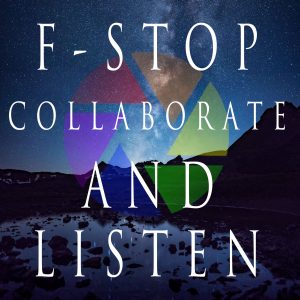
30% of his listeners are full-time professional landscape photographers who tune in to get an idea of what other people are currently doing in the field or just to hear photographers talk shop. Another 30% are serious enthusiasts who, like Matt, do landscape photography as a side hustle. Another 30% of his audience are photography hobbyists. They love learning about how other people approach photography. The remaining 10% are somewhat interested in photography. Listenership varies between 1000 and 3500 a week, depending on the episode. Not bad for a pretty niche podcast!
For his day job, Matt works as a program director for a nonprofit that provides services to adults with developmental disabilities. His responsibilities comprise the running of all programs, which includes the 24/7 365-days-a-year residential treatment, care, and transportation services for the individuals they support.
“I would love to make photography and my podcast my main source of income, though,” Matt says. “Now that the podcast has really taken off, I see so much value in it. It’s like, man… this is really a possibility.”
He’s been working slowly toward making that happen. Right now, the podcast supports him financially through Patreon, through which he currently has about 145 listeners who pay on a monthly basis.
“I do everything myself. But one thing I’ve learned in my day job and throughout the process of creating the podcast is to create efficiencies and automation. I don’t want to recreate the wheel every week.”
Matt is all about processes and efficiencies, and he’s implemented several to help him navigate the four main areas of podcasting that take up the most time. One is actually recruiting guests, because every week he has a different person (or persons) on. He leverages by using Evernote (a tool for planning and organizing) and with template emails that he can just copy, paste, and send. He schedules through Acuity, so it’s all automated, and he can avoid going back and forth with people trying to find a time. He uses the premium version of Zencaster to do all his episode recording, which also allows for some automatic post-production.
The unusual-yet-fitting name of his show was inspired by his wife—a pop culture nerd—who, in response to her husband’s question about what to call his podcast, riffed off Vanilla Ice’s “Ice Ice Baby” verse one song lyrics : “Alright stop—collaborate and listen.”
“How about F-stop, collaborate, and listen?” she asked. And the combination has worked out really well, because it all directly relates: F-stop is a photography term, the whole concept of the podcast is to collaborate with other photographers, and listen is of course what Matt wants his audience to do.
“A lot of people find it very funny, and we like to make jokes about it. I’ve even had some of my patrons send me funny spoof videos of them singing that Vanilla Ice song. It’s been a fun little twist on the show, for sure.”
January 2021 Issue


